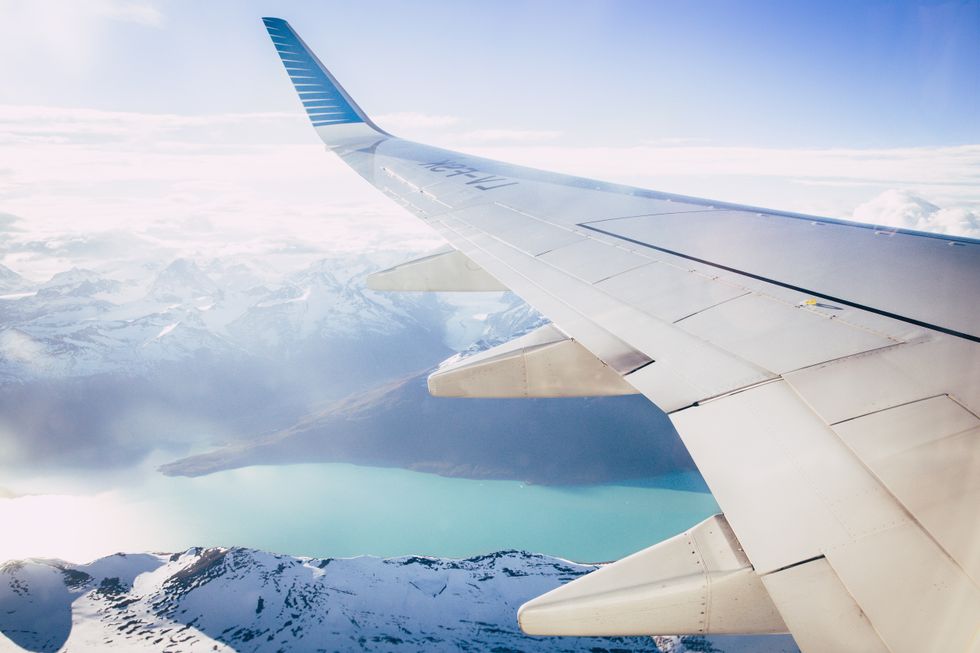As I write this, I sit right outside the G14 gate at the Miami airport, waiting for a flight to Houston--where I'll catch a connection to Tokyo and then from Tokyo I'll hop on a plane to my last stop--Ho Chi Minh City, Vietnam. Excitement and nerves are equally contributing to the air right now. I’ll be taking a one week class as a requirement for my Master’s program. It's the first time I'll be meeting my cohort-mates after a semester of working together. It's the first time I travel farther than Europe.
Quite honestly, travel logistics freak me out--and with the snowstorm going across the country…I've already heard about a few cancelled flights and late arrivals from our group. But after over two months of prep, my fears of logistical nightmares are quelled by the thought that I just know I'll get there. So, here are some things to remember to check on that will help your international trip go more smoothly:
1. Research Visas.
Check to see what the countries requirements are. How long does it take to get one? What's the best method to obtain one? The EU generally lets you stay 90 days without a Visa. Vietnam does pre-approval letters for visas you can get upon arrival. Make sure you know what to do and how to go about it for the country you're visiting.
2. Read the Airline baggage guidelines.
Does your airline have particular requirements outside of TSA guidelines? Are you allowed to take a carry-on and personal item, or just a personal item? What about weight limits? It's good to know before you get to the airport.
3. See if you need an international travel credit card.
Some people say that international credit cards are the best way to go if you're traveling internationally. I think they're useful, but you have to know what to get. AMEX isn't accepted at a lot of smaller businesses, so you won't be able to count on it much, especially if you like to keep things local and not chain (cuisine, clothing). Visa and MasterCard are more universal. You can also check with your bank on the fees for non-travel cards. I found that it only ended up being less than a dollar per transaction so it's not too bad if you're in a pickle.
4. Let your bank know you're traveling.
You decide to opt for the travel card. Once you get there, you want to buy breakfast--but oh no! Your card gets declined because your bank flags the transaction as suspicious. Don't forget to let your bank know about your travel plans.
5. Check CDC requirements and recommendations.
Some countries require vaccines, something I hadn't thought of until a classmate brought it up. The CDC website will have up-to-date information on the specifics for where you're going.
6. Research connections.
Have more than one flight? It can get stressful trying to navigate unfamiliar airports under a strict time constraint. Oftentimes, flight terminals and gates aren't listed until close to the flight. Try to find out as much as you can about where your connection is in the next airport. Get to your connecting flight’s gate before grabbing lunch. Passport security checkpoints can have long lines to get through before you can make it to your terminal.
Making sure you have everything prepped for your trip abroad can help make travel a non-stressful experience. Some of these might seem easy enough to remember, but between booking flights, getting all of the clothes and travel size items you need, and being excited about where you're headed, it can be easy to lose track of all the things you need to get done as prep. Hopefully, these reminders help you keep track of a few. Safe travels, everyone!
















